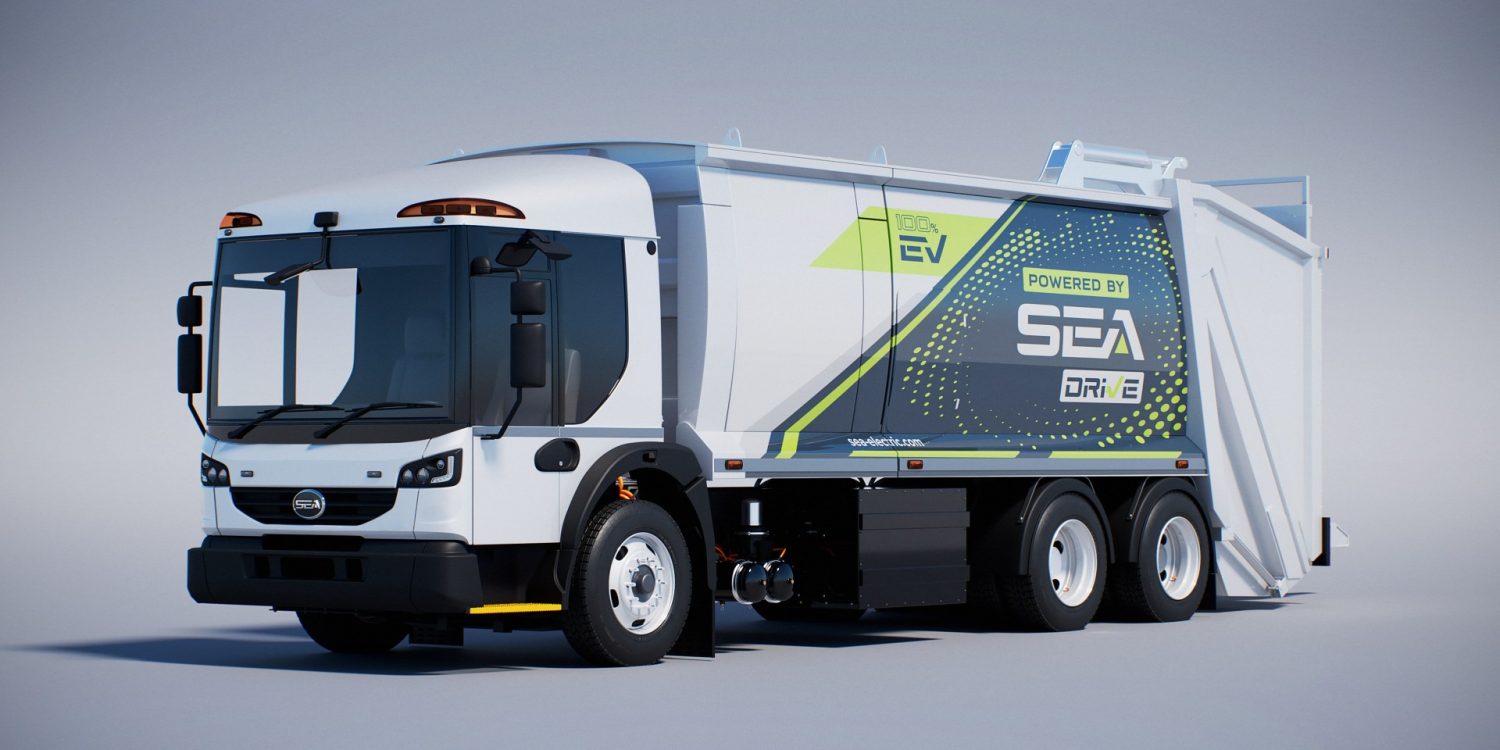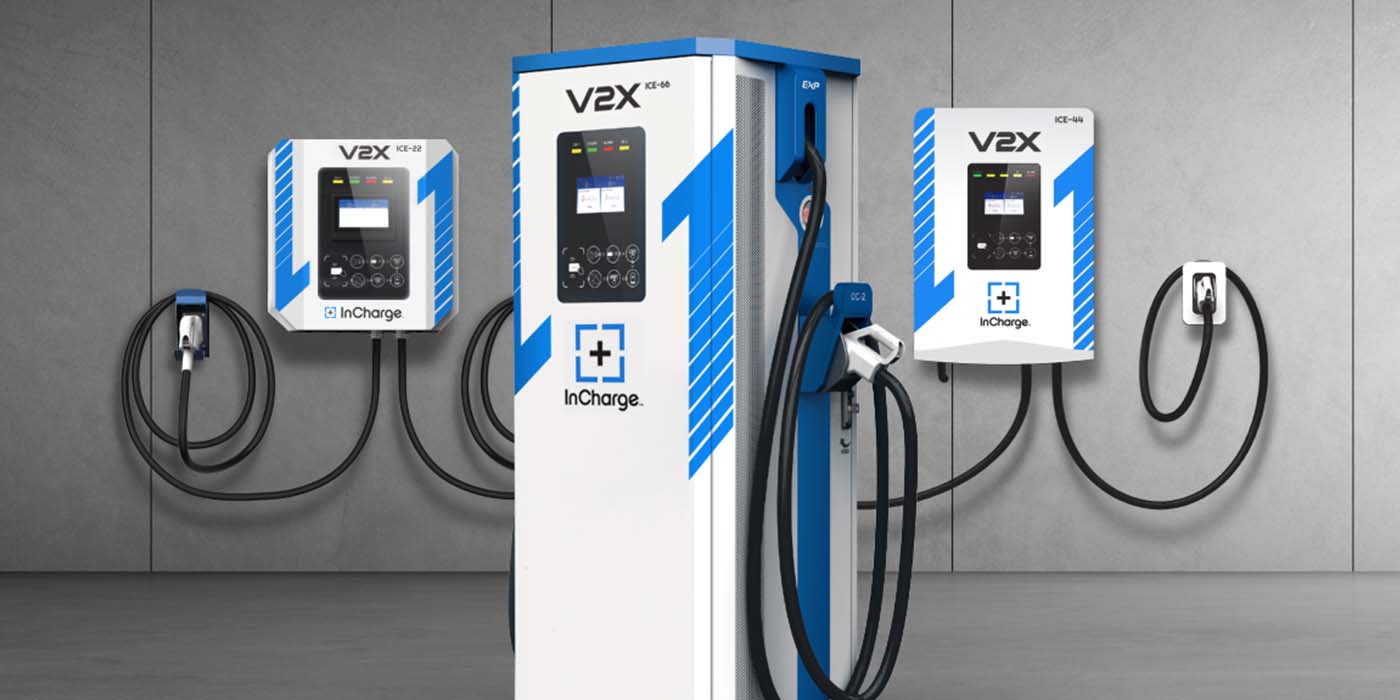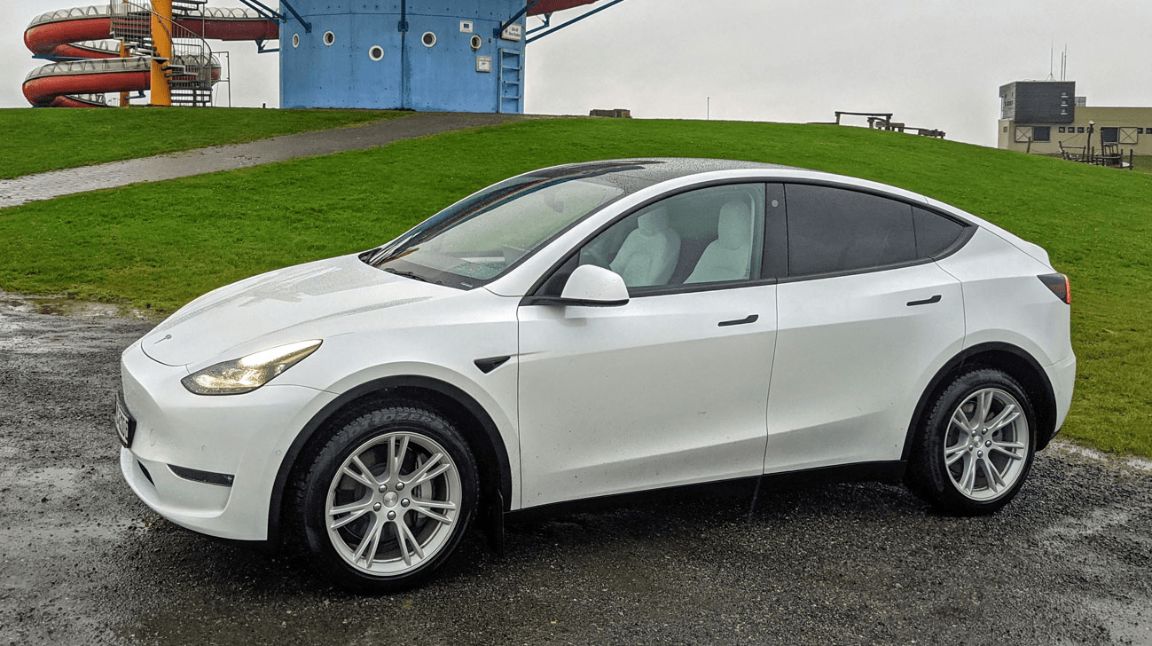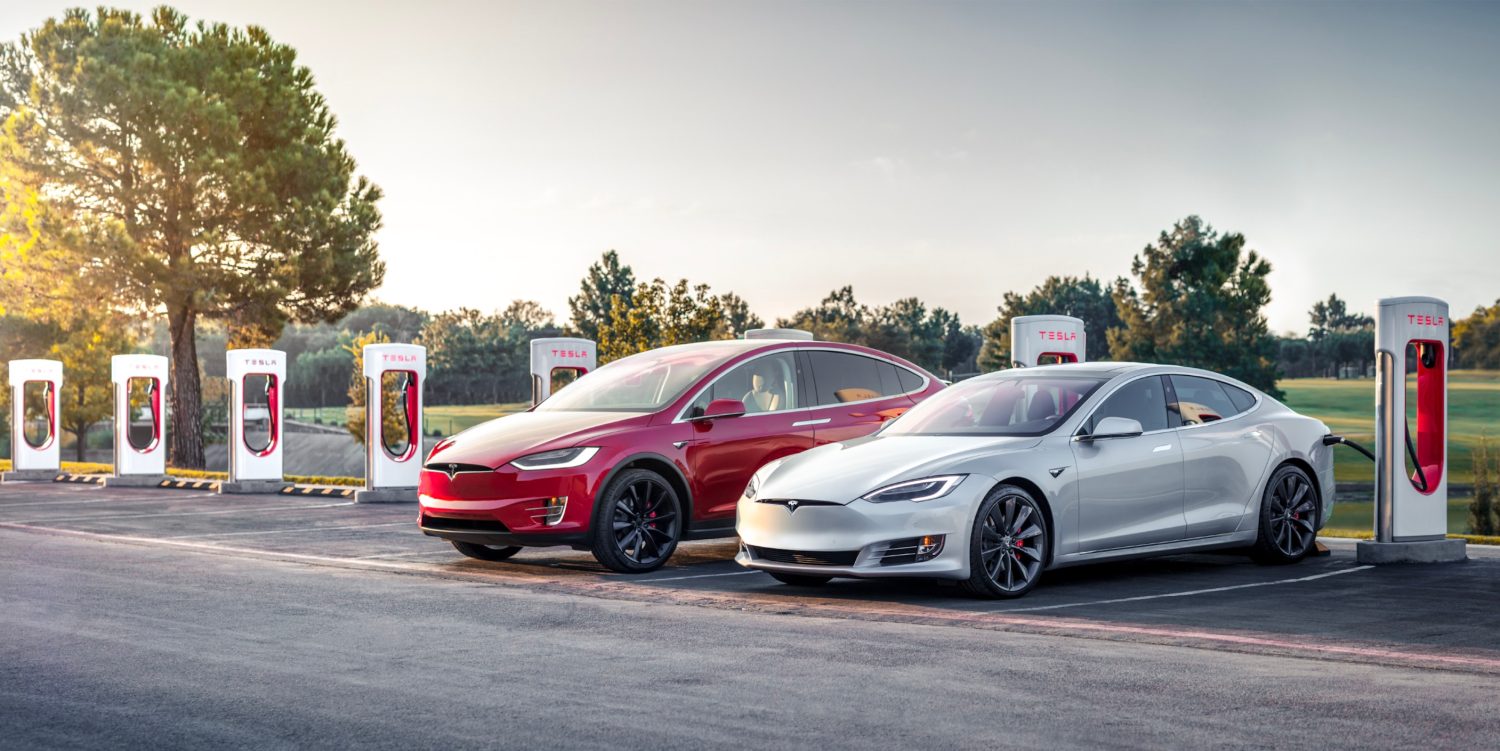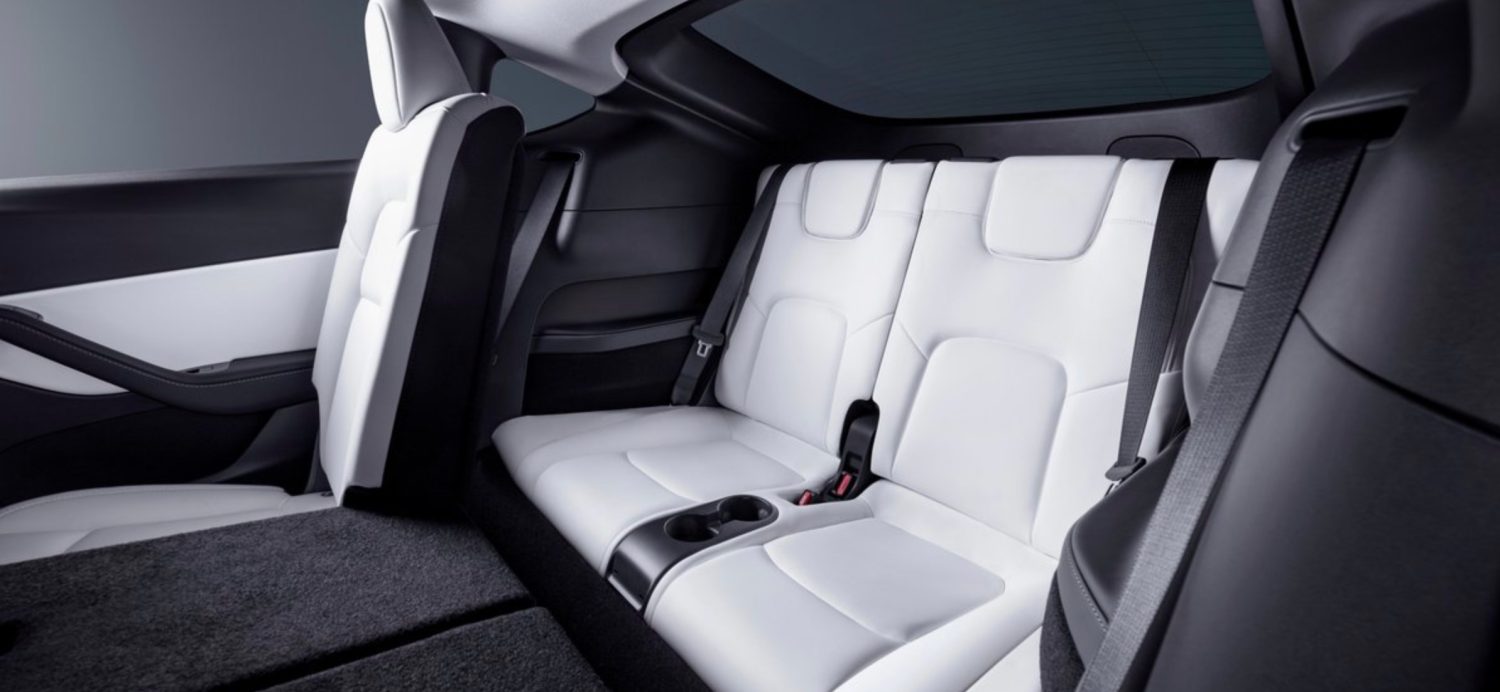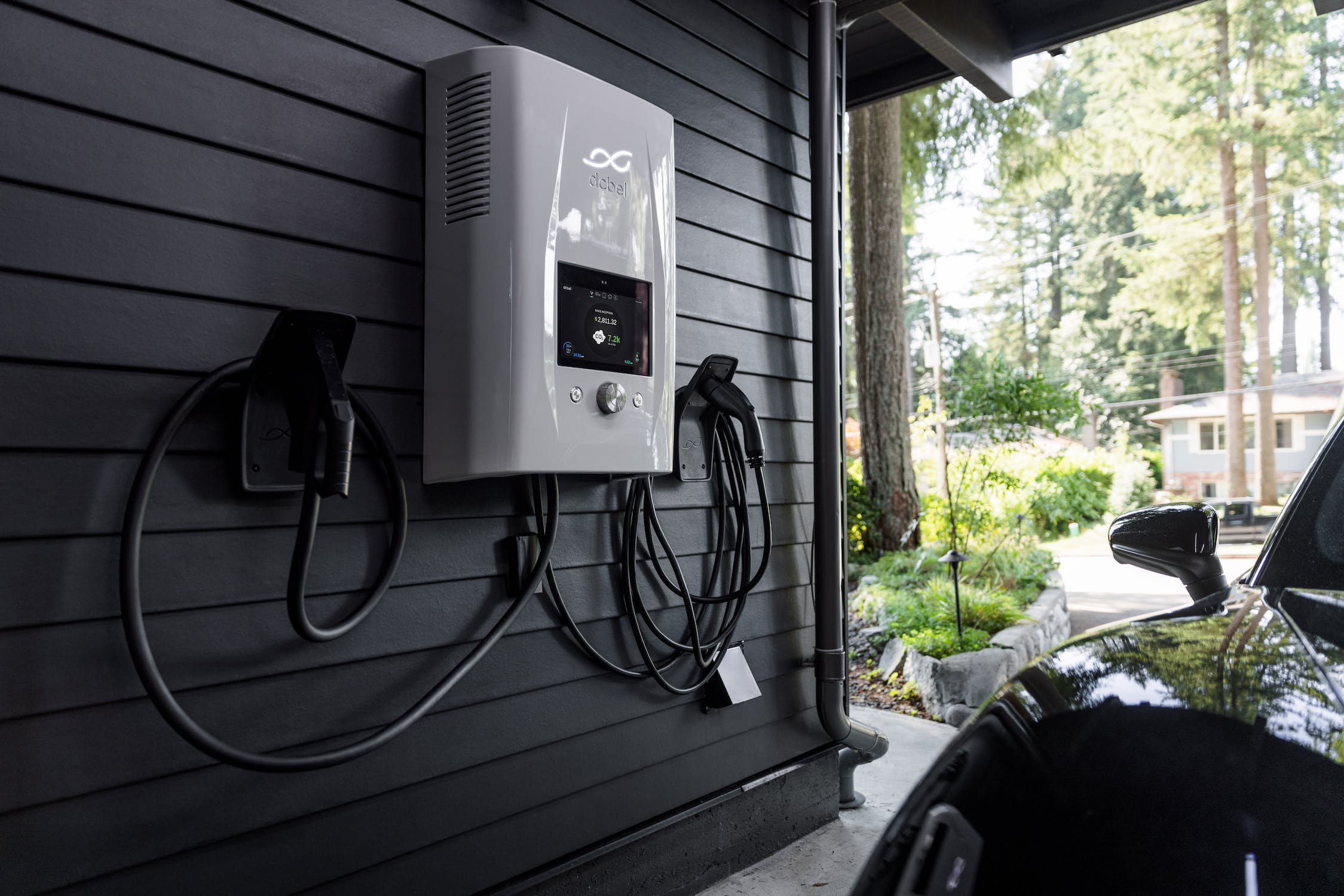In a recent development, Ford CEO Jim Farley has issued a warning to Tesla, expressing concerns about the potential commoditization of Tesla’s electric cars. Farley believes that Tesla’s focus on cutting costs and prices might lead to a loss of “product freshness,” which could ultimately erode the premium pricing that the company currently enjoys.
Farley’s apprehensions come on the heels of his accurate prediction last summer, when he foretold an impending price war in the electric vehicle (EV) market. Tesla initiated this price battle in early January, prompting Ford to respond with price cuts to its Mustang Mach-E electric SUV. However, Tesla continued to slash its prices across its entire EV lineup throughout the year, intensifying the competition.
Drawing parallels to Ford’s own history, Farley remarked that Tesla’s current approach resembles the situation Ford faced when it became a mass-producer of vehicles in 1913. Invoking the book “1913,” which provides an in-depth account of Ford’s transformation into a major car manufacturer, Farley alluded to the fact that such circumstances have occurred before in the industry.
Farley emphasizes that while cost reduction and price adjustments are essential components of driving demand, they should not be the sole focus. He cautions Tesla CEO Elon Musk that neglecting the aspect of “product freshness” could have adverse consequences. According to Farley, when a product becomes commoditized, it loses its uniqueness and, consequently, the ability to sustain a pricing premium. This, he warns, can prove to be a perilous situation for any automaker.
During Tesla’s recent earnings call, Musk acknowledged the company’s goal of aligning prices with the increased production capacity to ensure demand meets supply. While Musk’s statement suggests an emphasis on maintaining equilibrium in the market, Farley’s concerns shed light on the potential risks of overlooking the importance of product differentiation and innovation.
The automotive industry is undergoing a transformative period, with electric vehicles gaining significant traction and market share. As competition intensifies, automakers must strike a delicate balance between affordability and maintaining the allure of their products. This balance entails not only delivering competitive pricing but also ensuring that the vehicles remain appealing and distinctive in the eyes of consumers.
Farley’s warning serves as a reminder to Tesla and other EV manufacturers that achieving long-term success in this evolving landscape requires a multi-dimensional approach. While price adjustments can attract customers in the short term, sustainable growth necessitates investment in research and development to continually improve and refresh product offerings. In an industry marked by constant innovation, stagnation can be detrimental.
Tesla’s ability to adapt and respond to these challenges will be critical in determining its future standing in the market. By heeding Farley’s cautionary advice and placing due emphasis on maintaining “product freshness,” Tesla can strive to safeguard its unique position in the electric vehicle industry.
As the battle for supremacy in the EV market unfolds, only time will reveal which strategies will endure and who will emerge as the leaders in this rapidly evolving sector. For now, it is clear that the concept of “product freshness” carries substantial weight and should not be underestimated in the pursuit of success.


